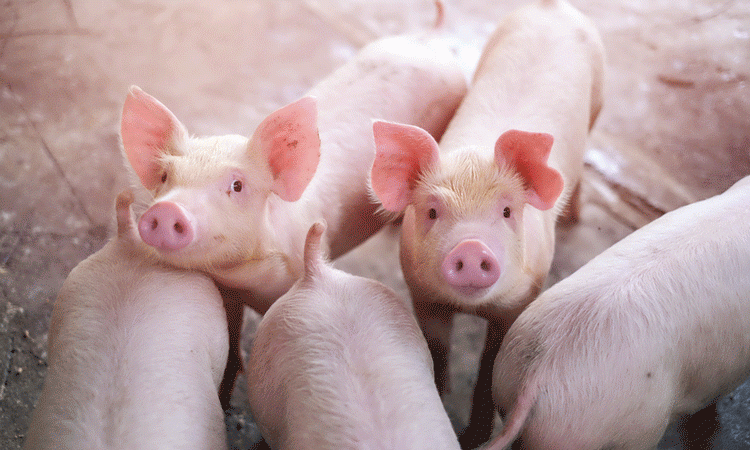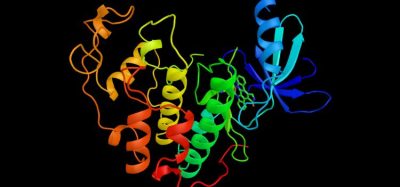Swine fever in China raises concern over heparin supply for US
Posted: 2 August 2019 | Victoria Rees (European Pharmaceutical Review) | No comments yet
The US supply of heparin, an ingredient used in anticoagulant drugs and found in pigs, is under threat due to an outbreak of disease in Chinese herds.


Six members of the US Congress have raised concerns that the supply of heparin imports in the country is at risk. Heparin, which is derived from pig intestines, is under threat as a result of African swine fever affecting herds in China. The ingredient is critical in the formulation of anticoagulant medicines.
In a letter to the US Food and Drug Administration (FDA), the members of Congress said; “US dependence on Chinese heparin and on one animal source raises risks of shortages.”
The letter says that approximately 60 percent of the crude heparin used to manufacture the finished version of the ingredient in the US is sourced from China. The writers of the letter request to know what contingencies may be in place, should the outbreak start to reduce trade.
China has reportedly lost 150 million of its 440 million swine to the disease, the letter states. The majority of global heparin supply, estimated at 80 percent, originates from the country.
While there is currently no indication the fever in China is affecting US heparin levels, the letter says that stock of the ingredient is, at present, stressed. It also suggested that if imports do become limited, then “adulterations” to drugs to replace heparin could produce medications that are unsafe for patients.
The FDA said that it “has been monitoring this issue since last year and has followed up with heparin suppliers. At this time we do not anticipate supply issues”.
Culling presents a way to contain the outbreak and prevent it spreading further. However, analysts say that it could take years before the disease is contained.
Another disadvantage is that culling also reduces supplies as the letter says: “Halving [China’s] swine population should also be a major pharmaceutical concern for the world.”









